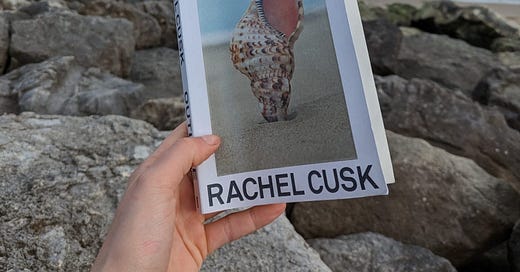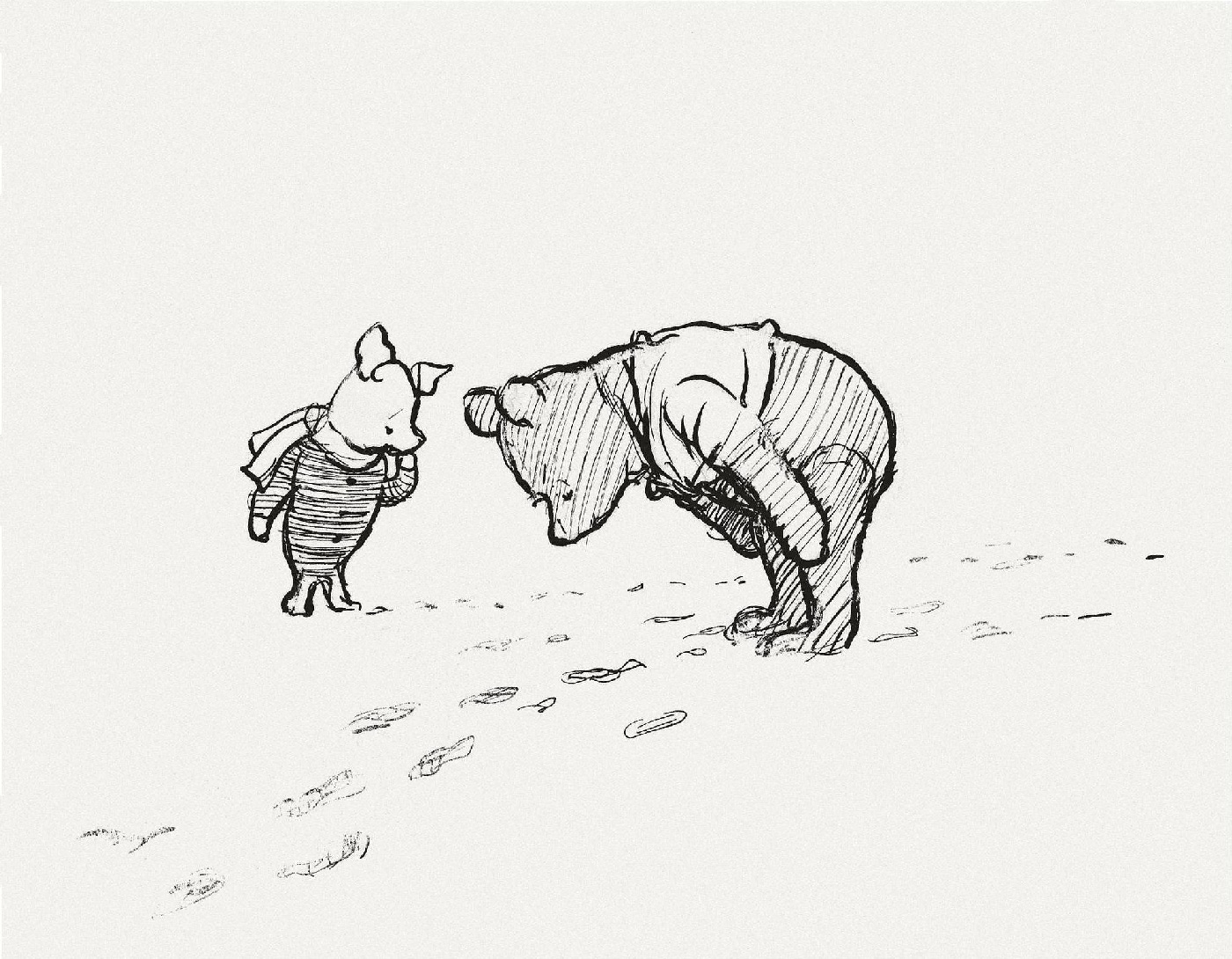I didn’t write because I had to fix the dishwasher. It’s an excuse, the guilty voice in my head tells me, real burning passion fights its way around the edges of “life”. I think of all the women throughout history who found time to write in the hems of their own lives, clasping desperately at the crumbs of time left to them. Whereas I can sit lazily through an empty afternoon and find there are no edges to pour my words into.
I’m waiting back to hear from a creative writing course I applied for a scholarship for. I know already I have given it too much power over me. I am hanging onto it like the string of a balloon, deeply craving the fantasy, convinced that (like all cravings) this will somehow be it.
I know what I really need to do is just write, and write anyway. And yet in, the busyness and fatigue, self-doubt rises to the top. In all the other noise, so many other identities fight to claim me that “writer” once again feels like a title I’m not deserving of.
I celebrated my birthday last week. I often cry on my birthday — I find that birthdays, like Christmas, can easily be days of excessive expectation that only leads to disappointment. For me, they are also days where grief spills out of the container where it has quietly sat for most of the year, sloshing over the edges with a big wave of emotion I didn’t know was waiting to break.
More recently, they’ve been days where I am reminded of just how much love my life is filled with. Last year, my friends surprised me in the kitchen after dinner with pink-iced cupcakes and Happy Birthday candles. They reminded me the different forms love takes (such as making bizarre excuses to be able to sneak downstairs to go and retrieve the cake) and what it feels like to have it wrapped around you like a blanket as you laugh away an evening. This year I once again realise just how surrounded by rich love I am and all I can feel is gratitude.
To celebrate, I visit the New Forest over the weekend and I immediately feel the immense peace nature swathes us in. There is a childlike joy that is brought out of me by the continuous stream of animals we stumble upon: a pony amongst the trees, a donkey grazing on the roadside, a pair of lost (escapee) chickens, a field of little bouncing lambs, a slowly ambling cow… I suppose it is the wildness of this, the feeling of being inside another world, a world that isn’t human (even though we try to contain it) that brings such rich delight.
A friend leant me The Tao of Pooh by Benjamin Hoff before I left, so I pack it in the back sleeve of my backpack where it won’t get too battered by the other assortment of day essentials, and slowly leaf through its pages while I’m away. I indulge in the Winnie the Pooh segments and enjoy the self-containedness of that animal-dominated world, where woodland creatures scurry about on adventures. Reading it in the forest, I think I see the world around me through this lens: a whole storybook I am just bearing witness to. I like this cosy peace. Slipping out of the demands of existence the way water flows through a net.
Hoff sees “the independent, clear-minded, all-seeing Child” as the “highest stage of development”1 This mind is not concerned with the intricacies of whats and whos that detract from what really is. It’s hard to let things just be, not reach out with our minds to label or judge or fix them, not to view everything as if surrounded by the negative space of what is missing.
I hold this thought in my mind as I walk the forest paths and sit in the sunlight. I keep finding beautiful little blue flowers with bright yellow centres and I stop seeking their definition, stop chasing any kind of feeling, and just let them be. It’s a funny feeling when you realise there is not really much else to do. When you realise that just being is in fact more richly filling than the constant pursuit of some kind of definition and explanation, a constant need to apply outlines and borders to all things.
Explaining the beliefs of Taoism, Hoff references the painting of the Vinegar Tasters who sample the “Essence of Life”. Each taster represents a teacher, or their teachings: K’ung Fu-tse (Confucius), the Buddha, and Lao Tzu, author of the Tao Te Ching, the oldest book of Taoism. Lao Tzu is the only man to smile when he tastes the essence of life, believing it to be fundamentally sweet. As Hoff writes, Taoism believes that:
“the harmony that naturally existed between heaven and earth from the very beginning could be found by anyone at any time […] earth was in essence a reflection of heaven, […] the more man interfered with the natural balance produced and governed by the universal laws, the further away the harmony retreated into the distance.”
Sometimes we glimpse this harmony. Often in the little moments. Always in moments of total witnessing, total presence. In moments where the spectating “I” dissolves into the essence of the moment itself. Where there is no subject, only a collective, a shrinking of the self into a broadening of the world.
There is an aboriginal tribe in Far North Queensland who speak a language called Guugu Yimithirr where there is no left or right, only cardinal directions.2 The speaker exists in relation to fixed geocentric coordinates, always oriented to an external world. There is no consistent left or right, only a constant relational equation dependent on an intricate knowledge of the natural world and local terrain. I wonder how I would feel the forest differently if I could escape fully out of my own edges and just fold myself around it instead, settling on it like snow.
On the drive back, I squeeze two new plants into the front seat of the car, cradled between my legs. I choose them for their smell: mint and eucalyptus, and every so often, I rub my fingers against the leaves and inhale the freshness of one and the soft, sleepiness of the other.
When we stop next, turning a corner, a vista of the sea peaks out from the trees, down a steep hillside path that weaves along the hillside. My heart leaps and only then do I realise how strong my need for the sea was up to this point. How much I was craving it; as strong as the need for sun on my skin, I needed to feel the sea beating in my blood. And when I did it was like a deep, long exhale of a breath I didn’t know I’d been holding in. It felt like pure freedom.
I wonder how much of our lives is spent in this state of tension, waiting for an exhale we didn’t know we needed, one which allows us to inhale again. And how often this exhale in fact never comes.
Looking out at the horizon is a feeling similar to gazing up at the stars. It is a reminder of the expansiveness we exist within, the way we can let ourselves settle on the world like fallen blossom or snow and just listen to the stories of the waves and the song of the wind.
Sat on the beach, I start a new book. I have been savouring the thought of reading it, keeping it near me as a reminder, wondering about the possibility of its pages. I didn’t pick it and so it fascinates me even more. It is a present from a friend who knows me well and so I know I will find beauty in its words and something of our shared outlook on life.
I read the first words aloud, slowly, on the rocks looking out to the water. Like a cautious traveller I follow the start of each sentence with apprehension and then am carried away on it the way the smell of spring flowers glides on the breeze. The sun is warm on my face and my fingers as they hold the pages, even though the air is still chilled. There is a joy in reading aloud I have almost forgotten. Such a solitary act becomes suddenly communal and collaborative, and yet so intimate; I am aware of how each word falls for another person, conscious of how my own pauses at the end of melodic sentences I want to let sit are suddenly rendered visible, naked.
It is a peaceful moment where time stands still: the minutes sink into the faint rush of the water and nothing calls me away from following the words of each sentence like beads on a mala, each an offering.
Hoff, Benjamin The Tao of Pooh
Haviland, John “Guugu Yimithirr Cardinal Directions” Ethos 26.1 (1998) pp.25-47









Hi Daniela, I was drawn to read this by your picture of reading Outline by the sea, and so glad to have found my way here! There's so much here that I love and resonate with, from all the books you mentioned (I'm currently on the third book of the Outline trilogy and the Tao of Pooh is on my reading list), to what you've shared about birthdays and writing, the Essence of Life, a language based on intuitive knowledge of the natural world and landscape, and the sound of words spoken aloud like the beads on a mala - it's an exploration that is beautiful, sensory, and alive in a landscape of words that is also so soothing and peaceful to be in. Thank you for sharing, and I'm looking forward to being here and reading your other pieces too :)
Great read. I appreciate the detail in each paragraph and sentence. There's a lot of beauty here that I'd like to emulate in my own work. I hope you enjoy(ed) the Tao of Pooh. Thanks for your work